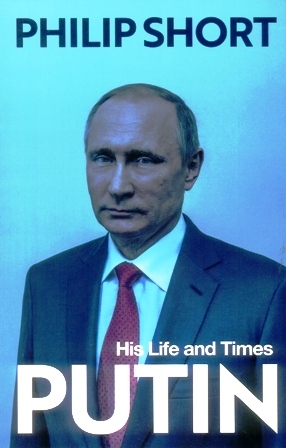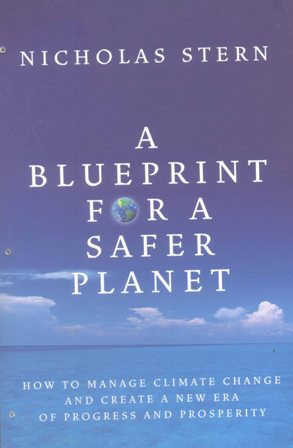-
Putin His Life And Times
Magisterial' - Guardian 'Outstanding' - Ian Kershaw Vladimir Putin is a pariah to the West. Alone among world leaders, he has the power to reduce the United States and Europe to ashes in a nuclear firestorm and has threatened to do so. He invades his neighbours, most recently Ukraine, meddles in western elections and orders assassinations inside and outside Russia. The regime he heads is autocratic and corrupt. Yet many Russians continue to support him. Despite western sanctions, the majority have been living better than at any time in the past. By fair means or foul, under Putin's leadership, Russia has once again become a force to be reckoned with. Philip Short's magisterial biography explores in unprecedented depth the personality of its enigmatic and ruthless leader and demolishes many of our preconceptions about Putin's Russia. Since becoming President in 2000, his obsession has been to restore Russia's status as a great power, unbound by western rules. What forces and experiences shaped him? What led him to challenge the American-led world order that has kept the peace since the end of the Cold War? To explain is not to justify. Putin's regime is dark. He pursues his goals relentlessly by whatever means he thinks fit. But on closer examination, much of what we think we know about him turns out to rest on half-truths. This book is as close as we will come to understanding Russia's ruler. It also makes us revise long-held assumptions about the course of global politics since the end of the Cold War.
-
A Blueprint For A Safer Planet
Further substantial global warming is unavoidable and the risks to the natural world, the economy and our everyday lives are immense. The way we live in the next thirty years - how we invest, use energy, organise transport and treat forests - will determine whether these risks become realities. * Stern's central theme is the economic management of investment and growth from the perspective of both adaptation and mitigation. * Although poor countries - the least responsible for climate change - will be hit earliest and hardest, all countries must adapt to the effects: hurricanes and storms hit New Orleans and Mumbai; flooding causes devastation in England and Mozambique; droughts occur in Australia and Darfur; and sea level rise will affect Florida and Bangladesh. * Action on Climate Change will require the greatest international collaboration the world has ever seen. * Accessible and clearly structured: What is the problem? What are the dangers? What can be done to reduce emissions, at what cost? How can the world adapt? What does all this mean for individuals, corporations, governments?


